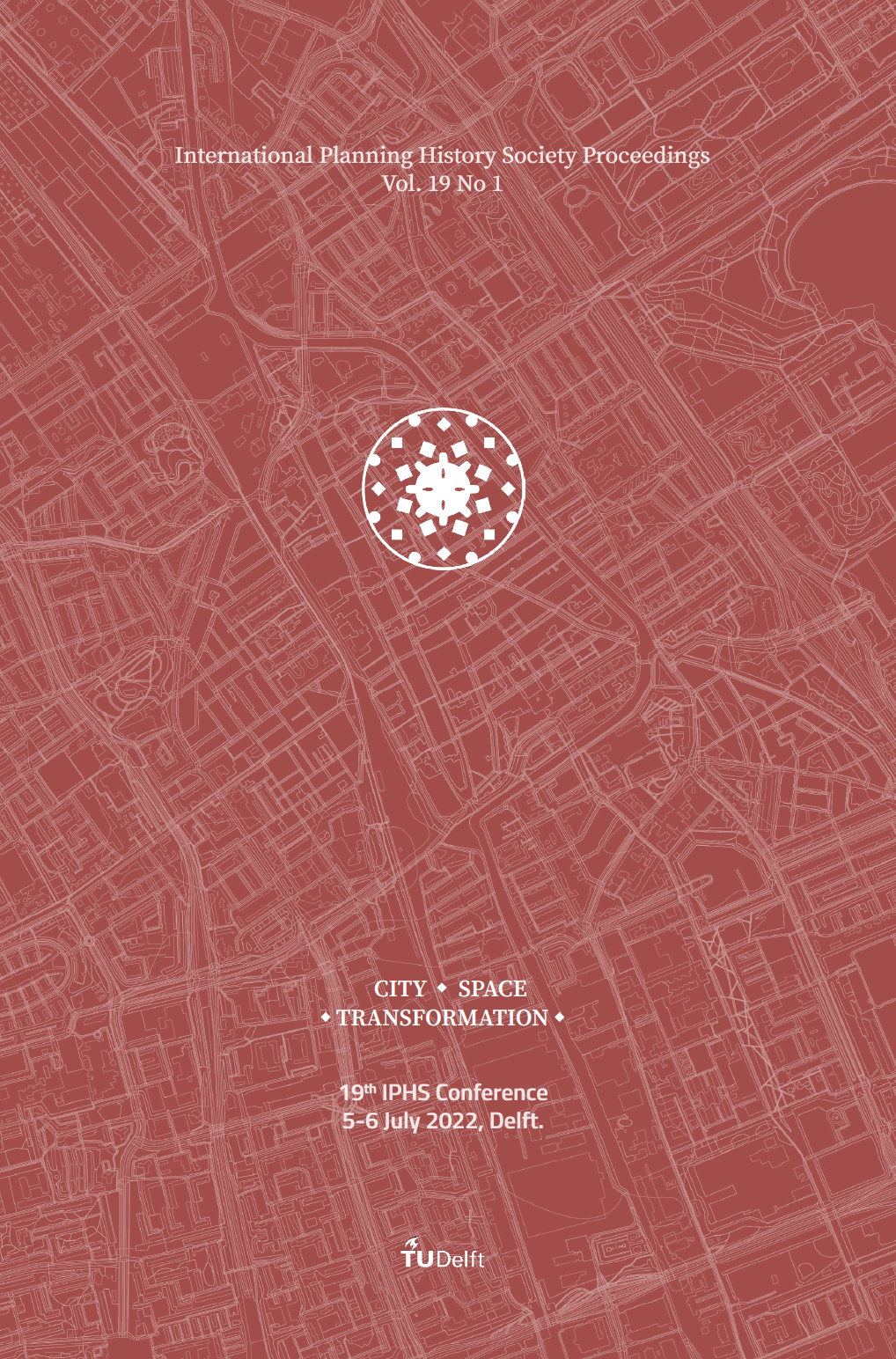Jaap Bakema’s Open Society in the Twenty-first Century
A Critical Appraisal of ’t Hool, the Netherlands and Montbau, Spain
DOI:
https://doi.org/10.7480/iphs.2022.1.6472Abstract
The concept of the Open Society appeared in the CIAM discourse of the 1950s as an attempt to create condition in the city for society to prosper. These good intentions at the theoretical level did not always translate into success stories in practice, and some of the consequences of such a gap can be still felt today, amplified by multiple crises (social, economic, environmental, etc.). Often, the consequence is decay and demolition. The availability of vast knowledge and the emergence of different urban theories and tools since the 1950s allows for new possibilities to reinterpret the values underpinning the concept of the Open Society, and to bridge the gap between theory and practice. Our hypothesis is that an historically situated appraisal of the Open Society is necessary to bring it up to date and renew and enrich its legacy towards social, economic, and environmental resilience. Thus, we formulate the question: to what extent is the concept of the Open Society still relevant in contemporary urbanism?
This study proposes a two-pronged investigation into the Open Society (both empirical and theoretical). It aims to investigate the discursive and projective validity of the concept as follows: First, critically review the theoretical concept and its implementation from the perspective of global and contemporary frameworks of discourse and policy. Second, empirically review two case studies (’t Hool, the Netherlands and Montbau, Spain) that illustrate the phenomena and patterns that have arisen in the friction between place, Open Society ideals, and resistance generated by users. This research uses a mixed-methods approach (i.e. quantitative and qualitative) and includes critical cartographies to critically and sensitively examine the two case studies and draw conclusions to highlight power relations and the existing materials available for building a more resilient future. In this way, we attempt to bridge the theory-practice gap by providing a methodology that provides a broad and deep understanding of the places, their histories, and their potentials and urgencies.
Downloads
Published
How to Cite
Issue
Section
License
Copyright (c) 2022 Juan Sanz Oliver, Gregory Bracken, Victor Muños Sanz

This work is licensed under a Creative Commons Attribution 4.0 International License.

